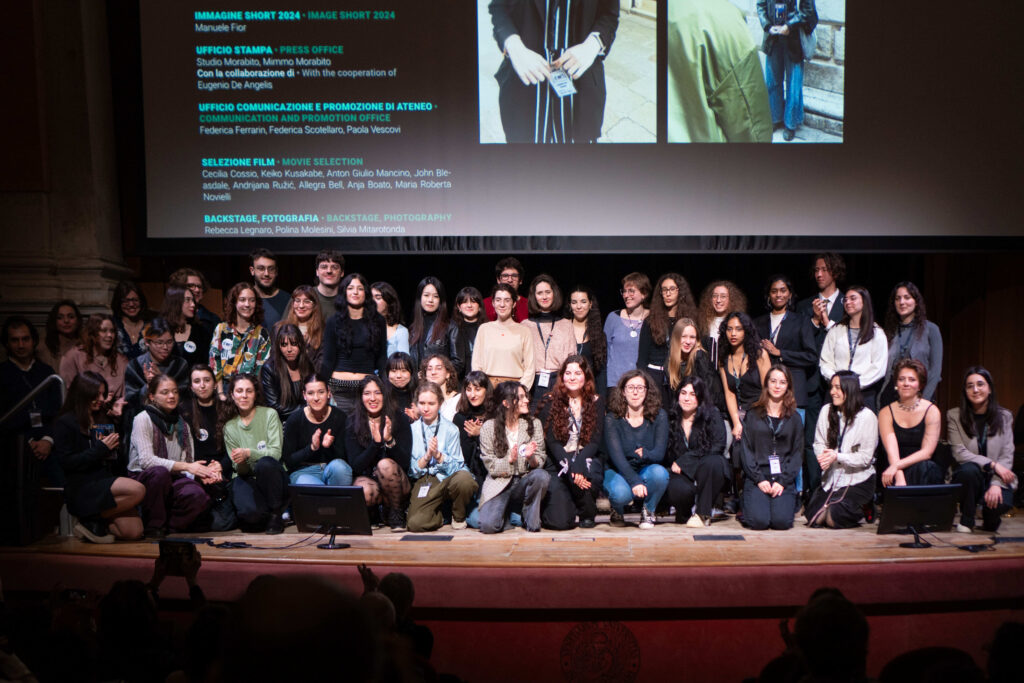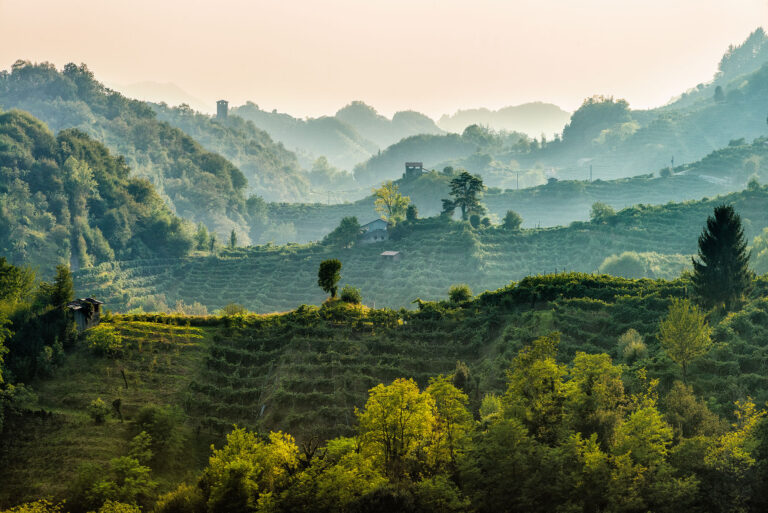TO THE SHORT FILM KHUTAA’AB – FATHER’S FOOTSTEPS BY SYRIAN DIRECTOR MOHAMAD W. ALI THE “CARPENÈ MALVOLTI – CA’ FOSCARI SPECIAL MENTION HISTORIA VITAE” AWARD FOR BEST SCREENPLAY
It was the short film Khutaa ‘ab – Father’s Footsteps by Syrian director Mohamad W. Ali to receive on Saturday, March 23, at the Santa Margherita auditorium in Venice as part of the 14th edition of the Ca’ Foscari Short Film Festival, the “Carpenè-Malvolti – Ca’ Foscari Special Mention Historia Vitae” award for best screenplay, established by the Enterprise and dedicated to founder Antonio Carpenè, recognized as one of the main pioneers of scientific culture in the late 19th century who contributed to the post-unification history of our country.
The award, which was presented by Domenico Scimone of Carpenè-Malvolti, consists of a miniature wooden sculpture created by artist Davide Marangon and depicting the vine tree, which Carpenè-Malvolti itself has elected as the symbol of the five international awards destined each year for new generations of Students.
“Carpenè-Malvolti,” commented Domenico Scimone, “is honored to be once again alongside Ca’ Foscari in this important kermesse. Once again this year the level of the competing projects was very high and the themes proposed of great quality and topicality. Also on this occasion, the partnership between the Enterprise and the historic Venetian University was renewed in the sign of the founding values that unite them, placing at the center the support to high-level cultural events and initiatives especially in relation to the involvement of the new Generations and recognizing once again to this important kermesse the merit of representing a point of reference for the Schools of Cinema around the world as well as the primacy of being the first film festival in Europe entirely conceived by a university institution.”
The 14th edition of the international competition selected, among the approximately 3,000 received, 30 short films produced by Students from universities and film schools from 28 different countries, from Lithuania to India, from Iran to China, from Syria to Bangladesh as well as Italy, of course; moreover, this year the festival was held in a “diffused” version, increasingly integrated with the city of Venice. In addition to the historic venue of the Santa Margherita-Emanuele Severino Auditorium, the festival brought the scheduled works to six different locations and involved more than two hundred student volunteers in the organization and implementation.




